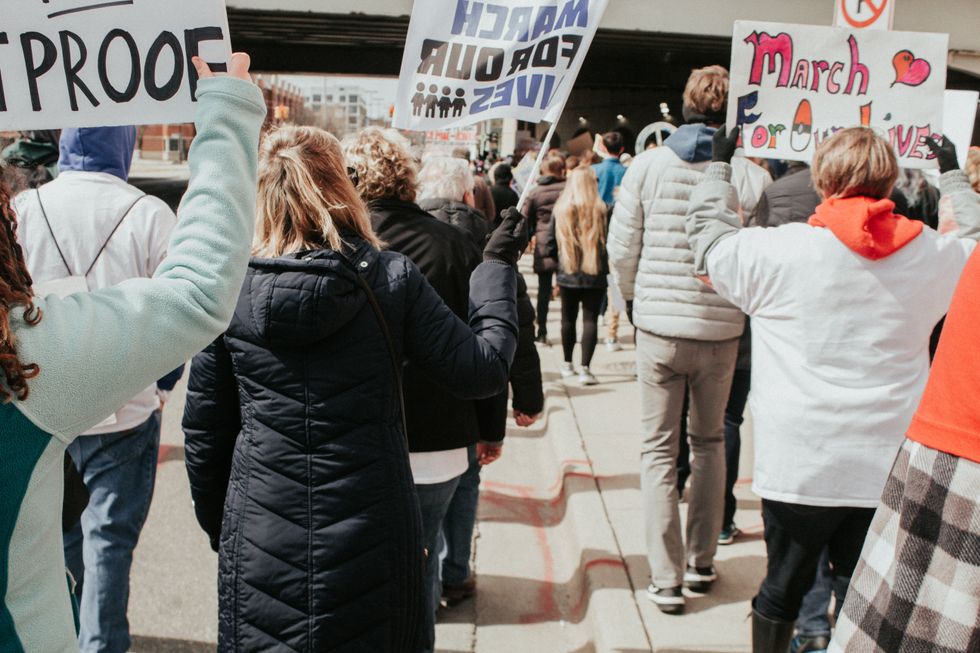It's no secret that the United States has had a unique and extremely volatile history with guns in this country. In light of the several mass shootings that have occurred in the past few years and the growing fervor for changes to gun legislation, this country has reached a very climactic point in this debate. For as long and as intense this conversation is, both sides seem to be misguided by myths, misconceptions, and misunderstanding that only add fuel to the fire. If there is any future where we can come to a fair consensus on how to resolve gun violence in America, both sides need to realize the problems that ultimately prolong gun violence in America.
Mass shootings are a big problem, but not the main problem.
Although this rash of mass shootings that has infected the U.S. is horrific and needs addressing, it needs to be clear that these are certainly not the only incidents of gun violence. The sad truth is that out of all the people who die from gun-related incidents in this country, a small percentage of those deaths come mass shootings. A larger percentage of these deaths are victims of gang/drug violence, smaller violent crimes, and even suicide. These incidents happen on a daily basis in this country, but do not get the attention that they deserve.
Right now there is a multitude of structural and societal problems that facilitate violent crimes and gang violence in urban areas. If we as a people truly want to curtail the proliferation of gun violence, we need to pay special attention to the circumstances that create the bulk of gun violence victims.
Not enough clarification on what kind of guns to restrict.
For people on the left who advocate for more, stricter gun laws, there is a slight consensus that a particular type of guns should be banned; This type of guns have been coined "assault weapons." When people turn on the news and see the aftermath of another mass shooting, the conversation always turns to restricting or even banning these "assault weapons," but that again shifts the focus away from the bulk of the issue. Although these shootings are committed with semi-automatic rifles, since a big portion of gun-related homicides are a result of individual violent crimes, then these acts are committed by smaller firearms.
Because news networks focus heavily on these semi-automatic weapons that are involved in a small portion of gun violence in America, we lack knowledge about the weapons involved in these incidents that result in more deaths. This then creates confusion and disagreement among the people and leads to ineffective legislation that merely sticks a band-aid on the bigger problem.
Gun culture in America is vastly different from other countries.
It seems that whenever possible solutions and legislation are brought up to the national stage, one of the other main talking points are gun buybacks. A gun buyback is when the government buys your guns from you as a while of voluntarily removing guns from the public. When people discuss the effectiveness of this plan, they usually cite Australia as a prime example. When Australia had the Port Arthur massacre back in 1996, gun buyback programs did prove very successful in the country.
However, the assumption that this same program could work with the same success here in the U.S. is simply naive. This way of approaching the situation has one key mistake, and that is assuming that the gun culture in America is the exact same as the gun culture in Australia. When examining the demographics of the country, Australians were never really the gun-owning type of people, which made it easier for the government to convince the people to give their guns. But the culture and history around guns in America is so deep and intense, that convincing a huge chunk of the population to participate in these gun buyback programs would be nearly impossible.
Unfortunately for all of us, we live in a pretty scary world, but we all have the power to make it a better place. However, the first step in doing so is by simply knowing exactly what you're fighting for and what you're fighting against.






















